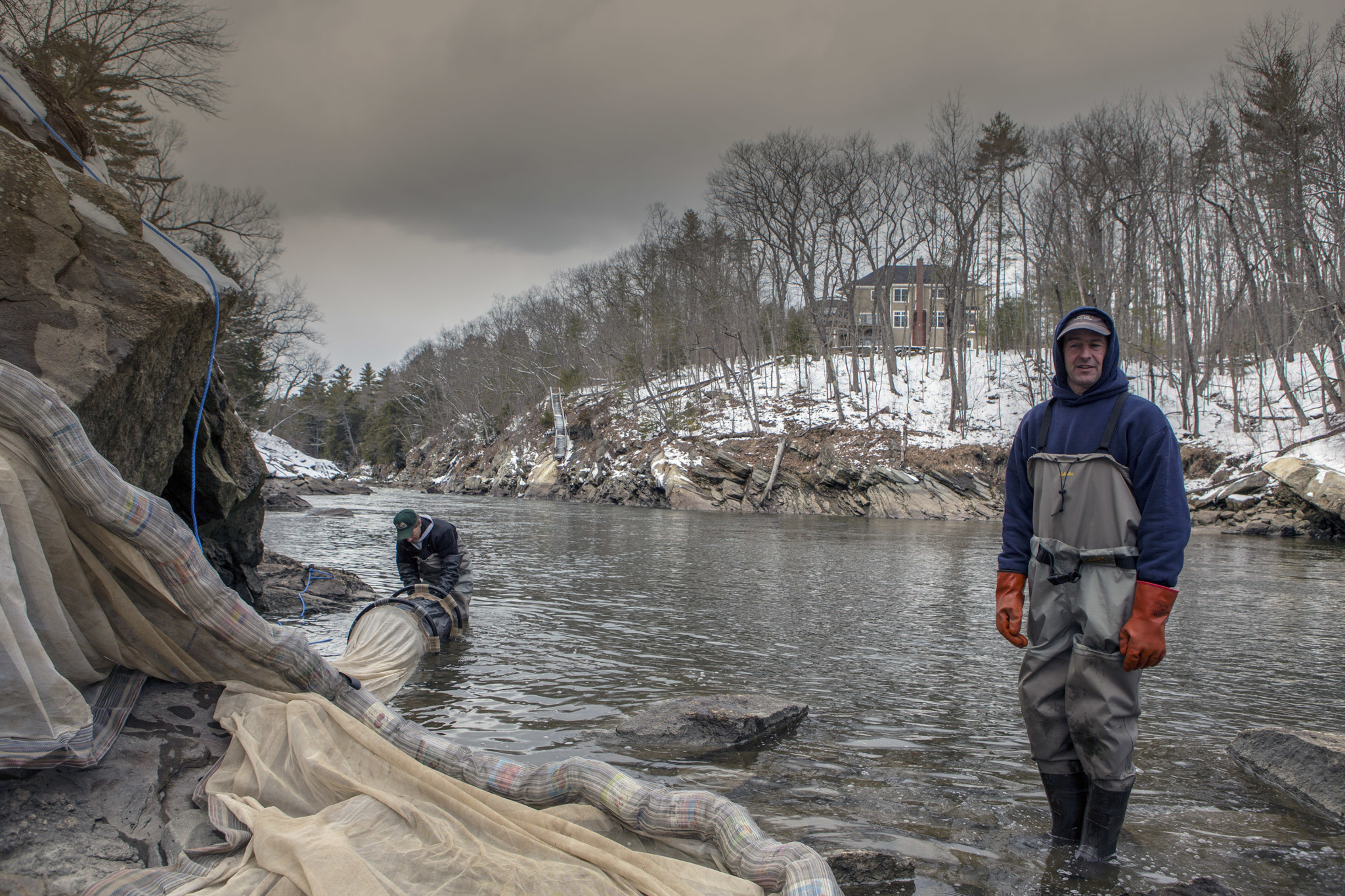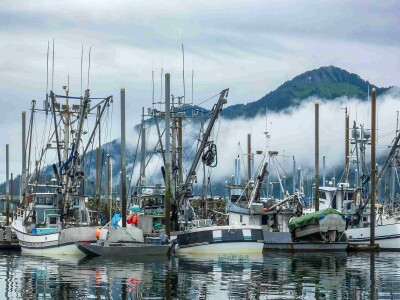The Atlantic States Marine Fisheries Commission rejected an effort this week to expand Maine's lucrative elver, or glass eel, by increasing the annual quota by 20 percent.
Maine harvesters are allowed to harvest 9,688 pounds of elvers annually under current regulations. The state hoped to increase the harvest to 11,749 pounds.
Ultimately, the commission voted 13-5 against a quota increase, with opponents of the effort citing the "depleted" state of the stock as reason for rejecting the proposal.
Prices for elvers have been steadily increasing with market demand from Asia, where the juvenile eels are raised to adult size in controlled farms. Prices have averaged $2,400 per pound in recent seasons. The 2017 season, which ran from March 22 to May 24, earned more than $21 million for Maine harvesters.
The lucrative fishery known for high catches and rising prices is becoming a bigger target for illegal harvests and trafficking.
In May, a U.S. District Court in Portland, Maine, handed down the final sentencing in the drawn out trials of 21 fishermen involved in an elver poaching ring along the East Coast.
William “Bill” Sheldon, 71, who has been called “grandfather of eel fishing” and “Maine’s elver kingpin,” was sentenced to six months in prison and three years of supervised release. The entire ring made an estimated $5 million selling elvers to Asia on the black market after netting their catch along the Atlantic seaboard in states where the fishery is banned. The ring funneled poached elvers through Maine and South Carolina, which have commercial eel fisheries.
The Maine fishery shut down two weeks early this year, on May 24 instead of June 7, after a Maine Marine Patrol investigation found evidence of illegal sales that were jeopardizing the agency’s ability to manage the fishery properly. Elver dealers and fishermen are required to use an electronic swipe card system that allows regulators to track the fishery in real time. The investigation found instances of off the book sales — dealers were paying less than the going rate in cash and keeping the transactions off state records.
“The future of this lucrative fishery is now in question,” Department of Marine Resources Commissioner Patrick Keliher said in a prepared statement about the shutdown. “We clearly have to consider additional measures to ensure that Maine can remain compliant with (catch limits), that we can continue to protect our state’s valuable marine resources, and that we can hold accountable anyone who chooses to squander the opportunity those resources represent.”
Maine representatives cited the criminal trials and early shutdown as evidence that its regulatory system was penalizing overharvesting, but others were still concerned.
“I’m impressed with the efforts that Maine has gone through to strengthen the reporting and monitoring of the fishery,” said Roy Miller, a Delaware commissioner. “Nonetheless, our only advice from the stock assessment scientists was that this stock remains depleted, and that we don’t know what the effect of harvest of Maine glass eels will have on the rest.”







